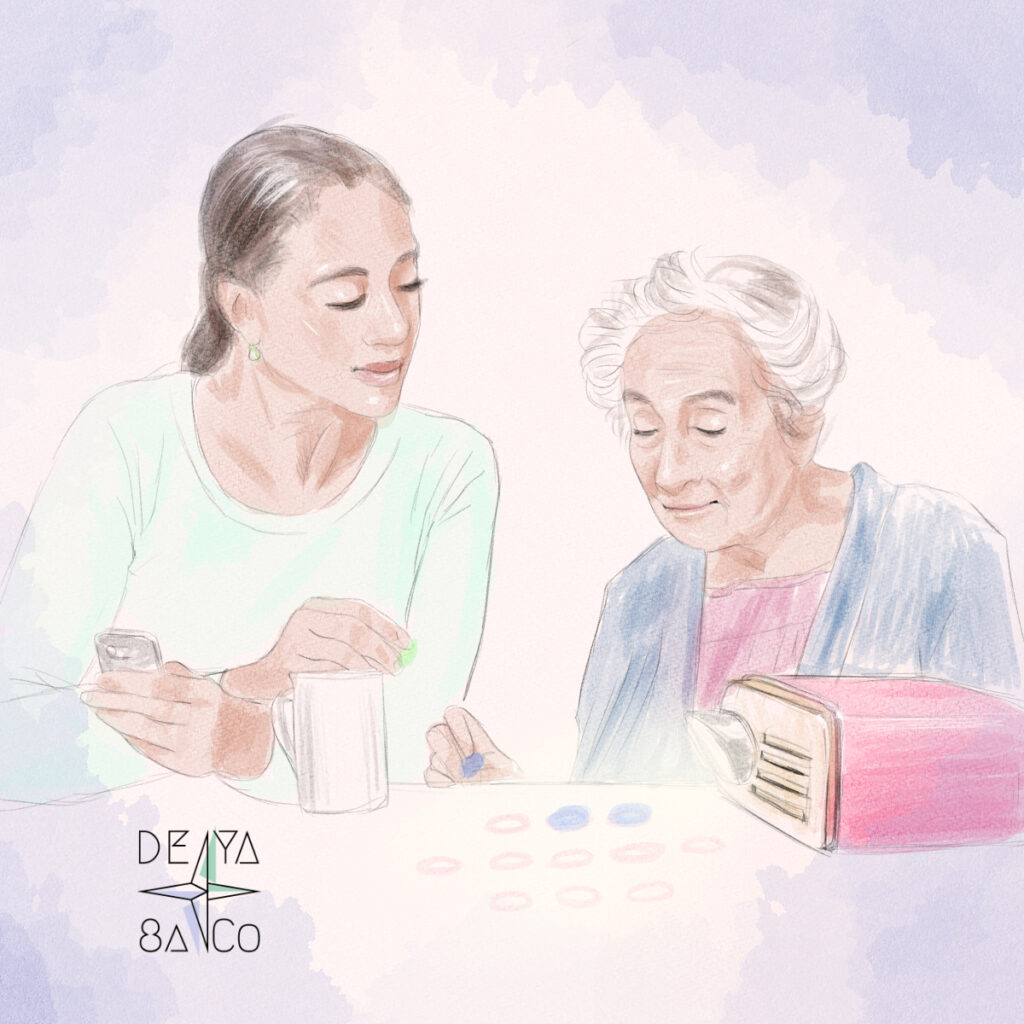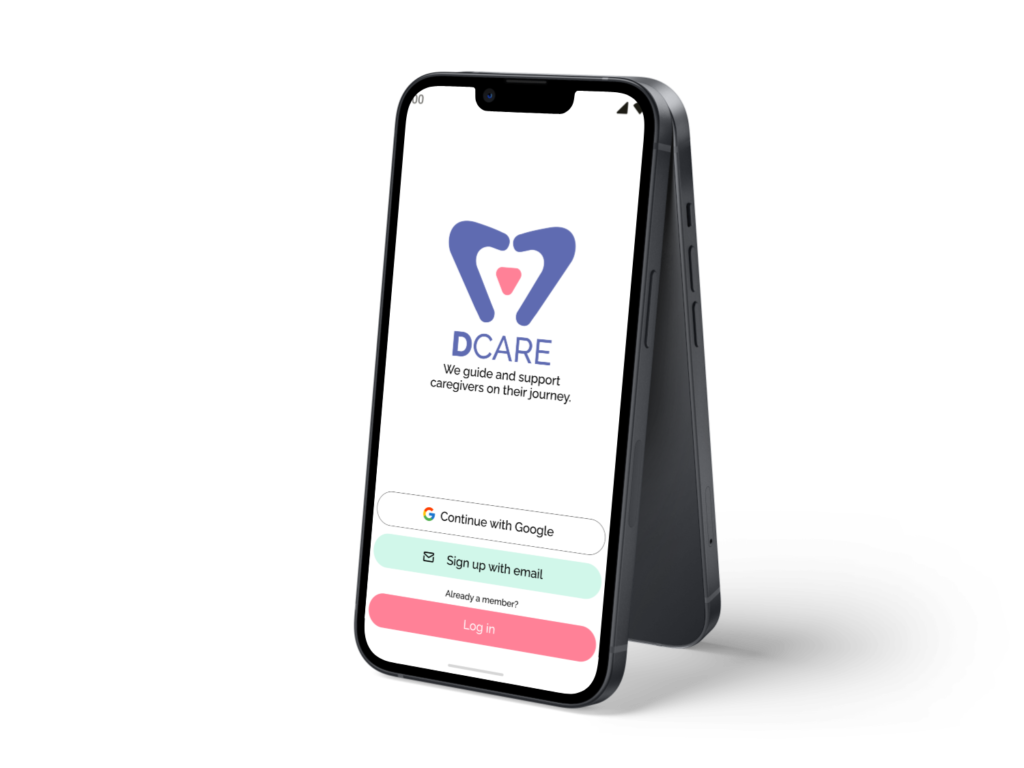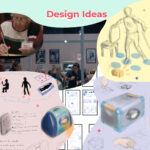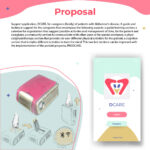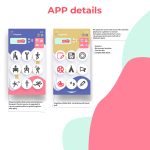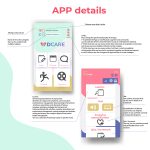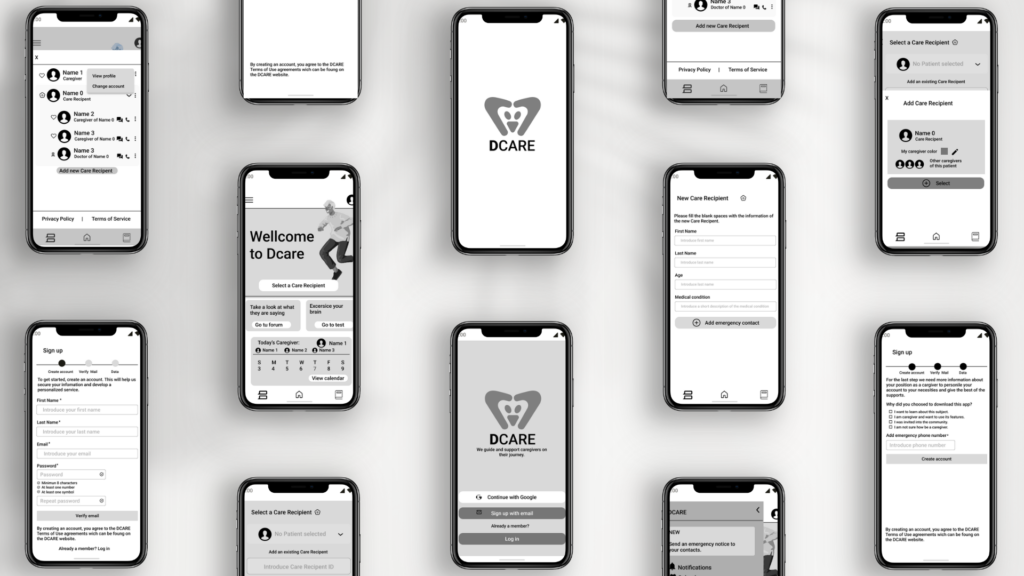…
Phase 1
This product was developed with the initial idea of seeking a new approach to assist older people in integrating into today’s society and creating a secure community for them and everyone else.
My Role
Research, Product design
Timeline
October 2021
Tools
Photoshop, Illustrator, Clip Studio Paint, Google Drive.
Team
Individual, assisted by a professor.
Phase 2
During this phase, the mobile product is redesigned with the goal of practicing and learning Figma. Taking advantage of the complexity and versatility of the concept to explore various features.
My Role
UX/UI Design
Timeline
February 2024 - Ongoing
Tools
Figma, Canva .
Team
Individual
Phase 1
Problem
The world’s population pyramid has changed through the years due to increasing life expectancy. Whereas a long life expectancy is asso- ciated with a healthy population, it is also associated with age-related diseases, e.g., Alzheimer’s disease [1]. According to the Alzheimer’s association[2], Alzheimer’s disease is the most common cause of dementia with 60–80% of dementia cases.
In fact, the World Alzheimer Report 2018 [3] in- dicates that in 2018 the number of people affected by dementia worldwide was 50 million. Just in USA in 2020 the caregivers provided an estimated 18.6 billion hours of care valued at nearly $244 billion [2].
This becomes a global issue because there will be an even higher need for senior care, and in particular, for specialized care for patients with Alzheimer’s disease [3]. Training family members who undertake the responsibility of caring for people with dementia who remain at home is paramount, so these acquire knowledge and skills to cope with the disease and its evolution [4].
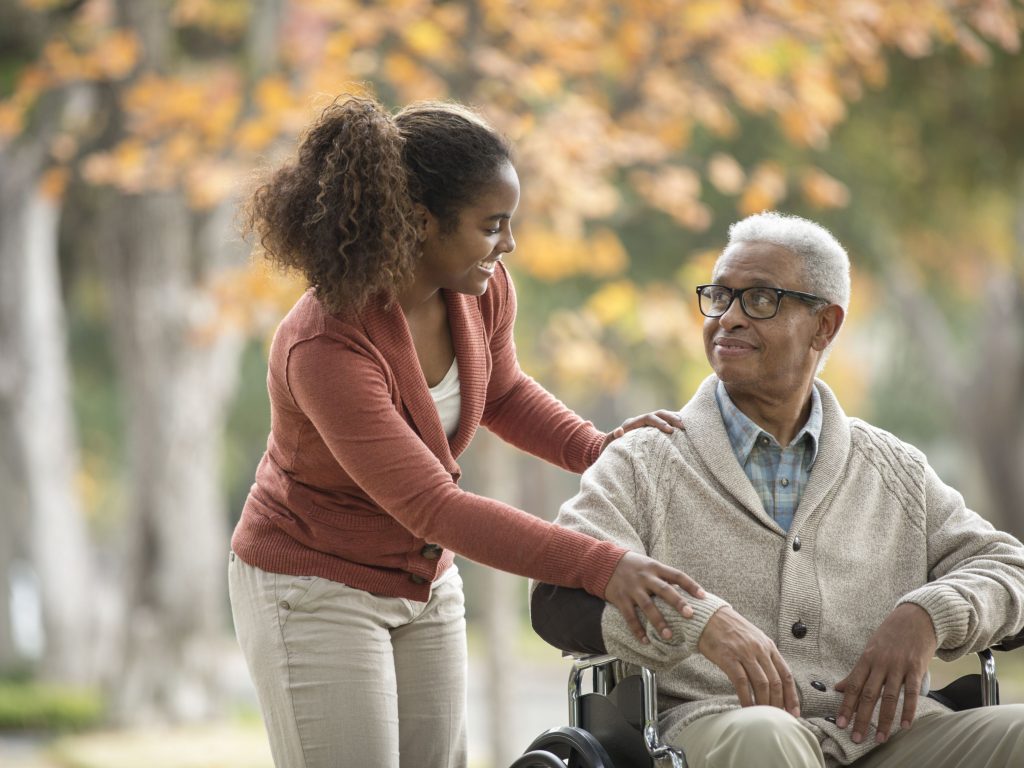
Key points
Not a choice
Informal caregivers enter their caregiving role through necessity and not by career choice.
A health burden
The degree of involvement and intensity of daily care routines is associated with higher physical, emotional and psychological burden as compared to caregiving for other health conditions.
Psychoeducation for Caregivers
Psychoeducational has proved to be the best method to train caregivers.
Intervention programs to improve quality life
Intervention programs to enhance family caregivers' ability to manage dementia care have been shown to improve their quality of life and mental health. They also help to identify specific dementia-related problem behaviors and explored the causative environmental stimuli with the caregiver to develop tentative intervention strategies.
Online learnig
Online learning has become more attractive. Online training allows education to extend to rural or underpopulated areas where geriatric specialists are not likely available. Additionally, it provides interdisciplinary perspectives in geographic areas where such resources are not acces- sible. Online training permits continuous training of new sta in institutional settings which is a known challenge, and online training may reduce conict with training sessions during work hours.
Phase 1
Solution
Support application, DCARE, for caregivers (family) of patients with Alzheimer’s disease. A guide and technical support for the caregivers that encompass the following aspects: a guide/training section; a calendar for organization that suggest possible activities and management of time, for the patient and caregivers; a community section to communicate with other users or for special assistance; a physical/physiotherapy section that provides de user dierent physical activities for the patient; a cognitive section that includes dierent activities to train the mind. This two last sections can be improved with the implementation of the portatil proyecto, PRODCARE.
